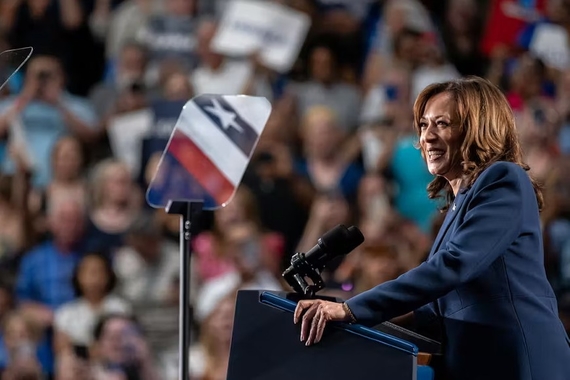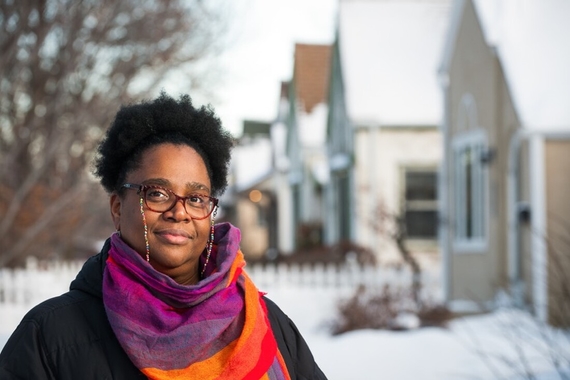Fall Course Offerings That Touch on Middle Eastern Politics, History & Culture
This list contains fall 2024 courses from across our liberal arts disciplines that engage deeply with the Middle East, each touching on issues related to the ongoing violence in Gaza and Israel. Follow the links to learn more and to consider adding these courses to your schedule.
Modern Middle Eastern Literature
Professor Shir Alon includes the following in her course description: “This course introduces students to the diversity of contemporary Middle Eastern cultures, identities, and histories through readings in modern literature.” Fulfills Global Perspectives; Literature
Palestinian Literature & Film
Professor Joseph Farag includes the following in his course description: “This course examines modern literature and film of the Palestinian people both for artistic significance and interactions with the broader historical and political situations confronted by Palestinians.” Fulfills Global Perspectives; Writing Intensive
Migrants, Refugees, Citizens & Exiles: The US on an Immigrant Planet
Professor David Ramos includes the following in his course description: “Immigration to the United States at various historical periods and across geographical/political terrains. How immigration, as a national/racial project, is shaped by legal categories and discursive practices based on race, class, gender, and sexuality. Diverse ways marginalized groups produce national/transnational political practices.” Fulfills Civic Life & Ethics
The United States since September 11
Professor Aaron Alvarado includes the following in his course description: “How American citizenship and nationhood have changed since 9/11. The event and its aftermath in historical perspective. Political, economic, and military antecedents. How 9/11 has changed relations between the US government, US citizens, immigrants, and international community. How 9/11 has been remembered.” Fulfills Civic Life & Ethics; Historical Perspectives
Religion & Culture
Professor Aisha Ghani includes the following in her course description: “The anthropology of religion aims to go beyond the material/spiritual opposition and asks how rituals employ objects and bodies in order to capture the effect we might call spiritual or mystical.”
The Bible: Context and Interpretation, World of the Hebrew Bible
Professor Tina Sherman includes the following in her course description: “The Hebrew Bible and Old Testament are literary collections that modern Jewish and Christian traditions maintain as important, but these collections were initially produced by ancient Israelite scribes who composed and/or compiled the biblical texts at particular time periods in the ancient Near East.” Fulfills Literature
The Islamic World: A Global Introduction
Professor Abdi Samatar includes the following in his course description: “Beyond this historical geographic survey, the course examines the Muslim World’s relationships with the West, democracy, and development. It will also explore how Muslim and Islam engage the seemingly contemporary topics such as human rights, gender relations, the monumental environmental crisis of our time, the war on terror and the terror of war, and the Palestinian-Israeli conflict.” Fulfills Global Perspectives; Social Sciences
History of Modern Israel/Palestine: Society, Culture & Politics
Professor Daniel Schroeter includes the following in his course description: “History of Israel/Palestine, 19th–21st centuries. Zionism and Arab nationalism. Arab/Palestinian/Israeli wars. Ethnic, religious, and national identities. Israeli and Palestinian politics, culture, and society; conflicting narratives and shared histories.” Fulfills Global Perspectives
History of the Crusades
Professor Benjamin Hansen includes the following in his course description: “Crusading spirit in Europe. Results of classic medieval crusades ca 1095–1285. States established by crusaders in Near East. Internal European crusades. Chronological prolongation of crusading phenomenon.” Fulfills Global Perspectives; Historical Perspectives
Pagans, Christians, Barbarians: The World of Late Antiquity
Professor Andrea Sterk includes the following in her course description: “This course will focus on the Mediterranean region from the 2nd to the mid-7th century exploring such topics as the conversion of Constantine, the fall of Rome, barbarian invasions, the spread of Christianity, and the rise of Islam.” Fulfills Global Perspectives; Historical Perspectives
Global Communication
Professor Eric Kramer includes the following in his course description: “How does communication affect international affairs? Examine how different media cover foreign countries. What does it take to cover the world, historically and at a time of unprecedented challenges for professional journalism?”
Introduction to Jewish History & Cultures
Professor Natan Paradise includes the following in his course description: “This course traces the development of Judaism and Jewish civilizations from their beginnings to the present.” Fulfills Historical Perspectives
Christians, Muslims & Jews in the Middle Ages
Professors Michael Lower and Daniel Schroeter include the following in their course description: “A Pew Research survey of the global religious landscape in 2010 found 2.2 billion Christians (31.5% of the world's population), 1.6 billion Muslims (23.2%), and 14 million Jews (.2%). In this class, we explore how the histories of these religious communities became deeply entangled in an age of diplomacy, trade, jihad, and crusade.” Fulfills Global Perspectives; Historical Perspectives
US Foreign Policy
Professor Mark Bell says the course “will cover a range of issues relating to US involvement in the region, including US policy with respect to the current/ongoing conflict.
Islamist Politics
Professor Kathleen Collins includes the following in the course description: “The relationship between Islam and politics—both in the Muslim world and in the West—is one of the most important political issues of our day. This class will address these issues by taking a historical and political look at the development of Islam (the religion) and Islamism (Islamic political movements) in many areas of the Muslim world.
International Politics & Security
Professor Ron Krebs writes, “The course's central analytical themes—among others, the causes of war, war and empire, the limits of coercion, and the challenges of foreign-imposed regime change—intersect with the ongoing violence in the region, and I intend to integrate readings and discussions of the war into the revised syllabus.”
Gender & the Family in the Islamic World
Professor Cawo Abdi includes the following in her course description: “This course explores the experiences of Muslim women and Muslim families from a historical and comparative perspective.”
Religion in American Public Life: Culture, Politics & Communities
Professor Penny Edgell says that students in the course “will get a background on Christian nationalism and on antisemitism and anti-Muslim sentiment in the US."
Assembled by Interim Dean Ann Waltner, Assistant Dean for Curriculum Nicola Imbracsio, and Associate Director of Curriculum Michelle Yener.


